First published 2009 by Pearson Education, Inc.
Published 2016 by Routledge
2 Park Square, Milton Park, Abingdon, Oxon OX 14 4RN
711 Third Avenue, New York, NY 10017, USA
Routledge is an imprint of the Taylor & Francis Group, an informa business
Copyright 2009 Taylor & Francis. All rights reserved.
All rights reserved. No part of this book may be reprinted or reproduced or utilised in any form or by any electronic, mechanical, or other means, now known or hereafter invented, including photocopying and recording, or in any information storage or retrieval system, without permission in writing from the publishers.
Notice:
Product or corporate names may be trademarks or registered trademarks, and are used only for identification and explanation without intent to infringe.
Credits and acknowledgments borrowed from other sources and reproduced, with permission, in this textbook appear on appropriate page within text.
ISBN : 9780205509539 (pbk)
Cover Designer: Joel Gendron
Library of Congress Cataloging-in-Publication Data
Darwin and the Bible: the culture confrontation/[edited by] Richard H. Robbins, Mark
Nathan Cohen. 1st ed.
p. cm.
Includes bibliographical references and index.
ISBN-13: 978-0-205-50953-9
ISBN-10: 0-205-50953-3
1. Evaluation (Biology)Religious aspects. 2. Intelligent design (Teleology) 3. Creationism. 4. Religion and science. 5. Darwin, Charles, 18091882Criticism and interpretation. I. Robbins, Richard H. (Richard Howard), 1940-II. Cohen, Mark Nathan.
BL263.D24 2009
231.7652dc22 | 2007044066 |
Table of Contents
by Richard H. Robbins
by Mark Nathan Cohen
by Stephen Jay Gould
by Walter Hearn
by Martinez Hewlett and Ted Peters
by Phillip E. Johnson
by Jonathan Marks
by Richard H. Robbins
by Edward J. Larson
by Ernst Mayr
by Glenn Branch
by Edward J. Larson
by Steve Randak
by Laura Perras
by Mark Nathan Cohen
List of Contributors
GLENN BRANCH is deputy director of the National Center for Science Education, a non-profit organization affiliated with the American Association for the Advancement of Science that defends the teaching of evolution in the public schools. His articles on creationism and evolution have appeared in such publications as Academe, The American Biology Teacher, BioScience, Free Inquiry, Geotimes, and USA Today. With Eugenie C. Scott, he is the editor of Not in Our Classrooms: Why Intelligent Design is Wrong for Our Schools (Boston: Beacon Press, 2006).
MARK NATHAN COHEN is Suny University Distinguished Professor of Anthropology (formerly University Distinguished Teaching Professor) at the State University of New York, College at Plattsburgh. His work focuses on cultural evolution and its relationship to human health and demography. His works include The Food Crisis in Prehistory, Health and the Rise of Civilization, Culture of Intolerance, and Teaching Biocultural Anthropology. He has taught Introduction to Human Evolution for 35 years with growing concern about the mounting threat to science posed by the creationist movement and challenges to the nature of science.
The late STEPHEN J. GOULD was Professor of Geology and Zoology at Harvard University. A prodigious scholar and author, he published a large number of books and articles for both scholarly and popular audiences. He is probably best known for a series of articles published in Natural History Magazine, and collections of articles such as Hens Teeth and Horses Toes; The Pandas Thumb, and Bully for Brontosaurus. He was an outspoken critic of racism and of attempts to use intelligence measures as indicators of racial abilities (The Mismeasure of Man). Even though he is sometimes named by creationists as a scientist on their side he was also an outspoken critic of creationism, and some methods and presentations of evolutionary theory. His most important contribution to evolutionary theory is probably his development, with Niles Eldridge, of the theory of punctuated equilibrium as a partial alternative or supplement to the idea of constant and gradual Darwinian selection as a force for evolutionary change (but within an evolutionary framework). The theory was first presented in an article, Punctuated equilibria: an alternative to phyletic gradualism in 1972, and in a series of subsequent articles. His books include Rocks of Ages: Science and Religion in the Fullness of Life and The Structure of Evolutionary Theory.
WALTER R. HEARN is Professor of Christianity and Science at New College Berkeley in Berkeley, California. He was formerly a professor in the Department of Biochemistry and Biophysics at Iowa State University. He is coauthor of Teaching Science in a Climate of Controversy and author of Being a Christian in Science.
MARTINEZ HEWLITT is an emeritus professor in the Department of Molecular and Cellular Biology at the University of Arizona in Tucson. He has published 30 scientific papers and is a founding member of the St. Albert the Great Forum on Theology and the Sciences at the University of Arizona. He also serves as an adjunct professor at the Dominican School of Philosophy and Theology at the Graduate Theoretical Union in Berkeley, CA.
PHILLIP E. JOHNSON is Professor of Law Emeritus at the Boalt School of Law, the University of California at Berkeley, and father of the Intelligent Design movement. He is co-founder of the Discovery Institutes Center for Science and Culture. He has written extensively about intelligent design as a critique of, and supplement to evolutionary theory. He is author of Darwin on Trial; Reason in the Balance; and Defeating Darwinism by Opening Minds.
EDWARD J. LARSON is Talmadge Chair of Law and Russell Professor of American History at the University of Georgia. He is author of Trial and Error: the American Controversy over Creation and Evolution; Sex Race and Science: Eugenics in the Deep South; Summer of the Gods: the Scopes Trial and the Americas Continuing Debate over Religion and Science; and Evolution: the Remarkable History of a Scientific Theory. He is the 1998 winner of the Pulitzer Prize in History.
JONATHAN MARKS is Professor of Anthropology at the University of North Carolina at Charlotte. His primary area of research is molecular anthropologythe application of genetic data to illuminate our place in the natural order. He has written extensively on issues of human variation and on human evolution. Marks is editor of Evolutionary Anthropology and author of



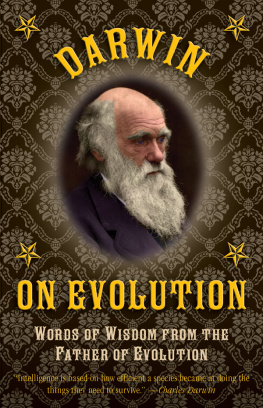
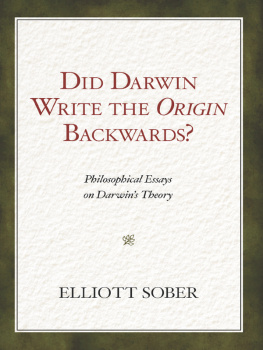
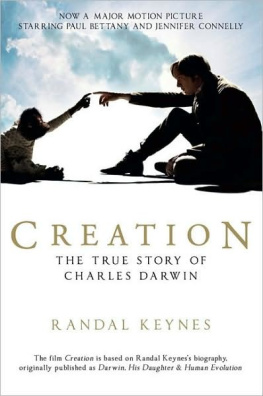
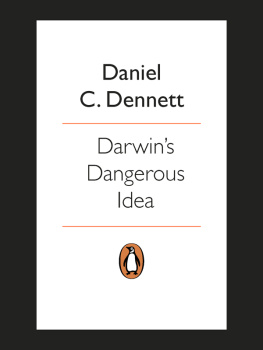
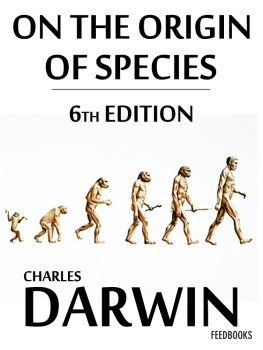
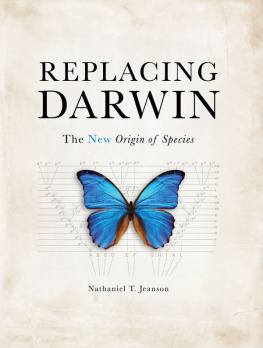
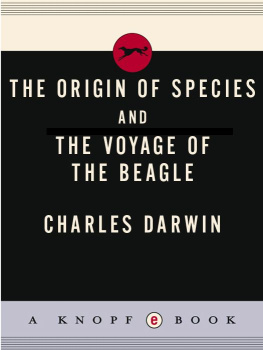
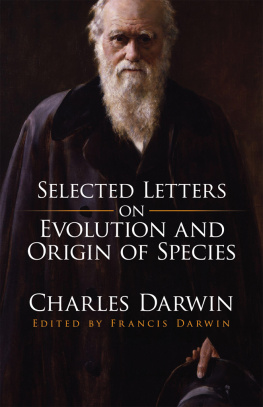
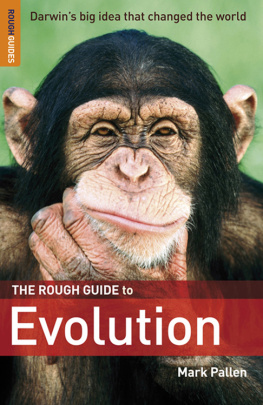
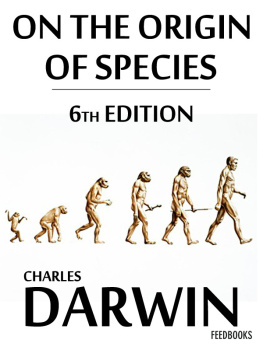
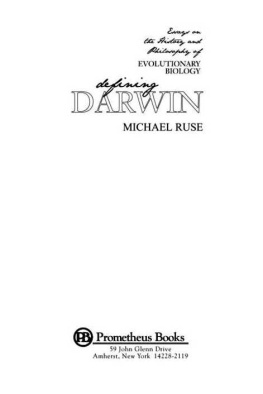
 ACADEMICS
ACADEMICS